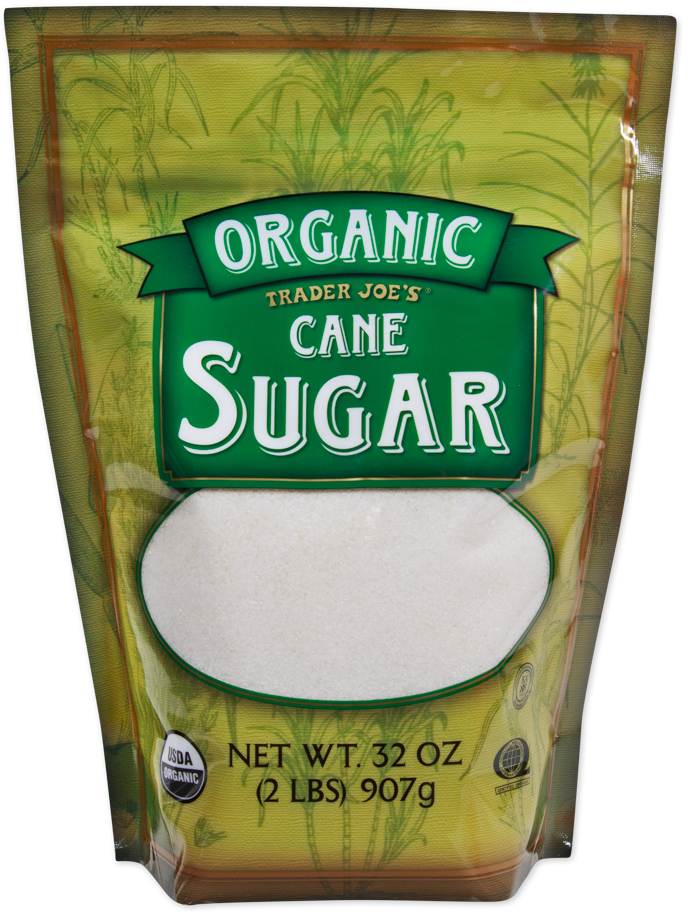Navigating Regulatory Conformity and Sustainability With Cutting-Edge Walking Cane Sugar Processing Chemicals in the Chemical Export Sector

Regulatory Landscape Introduction
In the realm of walking stick sugar processing chemicals within the chemical export industry, comprehending the regulatory landscape is critical for making sure compliance and sustainable procedures. Regulative bodies such as the Environmental Defense Agency (EPA) and the Fda (FDA) play a crucial role in managing the manufacturing, import, and export of these chemicals. Conformity with guidelines stated by these bodies is not only a legal requirement yet also crucial for keeping public health and wellness and environmental safety and security standards.
Regulatory structures regulating walking cane sugar processing chemicals incorporate a large range of aspects, including labeling requirements, allowable levels of certain materials, and guidelines for secure handling and disposal. For chemical exporters, this implies adhering to strict documentation processes, quality assurance actions, and routine audits to show adherence to these laws.

Sustainable Walking Stick Sugar Chemical Innovations
:max_bytes(150000):strip_icc()/what-is-cane-sugar-5200549-hero-02-b1985b1d539645fb9a038b9c3e73f681.jpg)
One noticeable area of advancement is the growth of environment-friendly chemicals that reduce water and power usage during the sugar handling phases. By applying these lasting solutions, business can reduce their carbon footprint while maintaining high degrees of productivity. Additionally, improvements in naturally degradable chemicals are acquiring traction, providing an extra environmentally friendly option to standard processing representatives.
In addition, the integration of renewable power resources in the manufacturing process is becoming much more prevalent, additional enhancing the sustainability profile of walking stick sugar handling. By welcoming these sustainable walking stick sugar chemical technologies, firms can not only satisfy governing needs yet likewise demonstrate a commitment to environmental responsibility in the chemical export sector.
Compliance Challenges in Exporting Chemicals
Navigating regulatory frameworks poses substantial challenges for chemical merchants, needing thorough attention to conformity requirements and worldwide laws. Exporting chemicals includes adherence to a complex internet of guidelines that vary from nation to country. One of the primary compliance challenges faced by chemical merchants is making sure that the products satisfy the details regulatory demands of the importing country. This includes getting the required permits, qualifications, and documents to show the safety and legitimacy of the chemicals being exported.
Additionally, chemical exporters must remain abreast of regularly progressing criteria and laws connected to chemical transportation, handling, and manufacturing. Failing to comply with these guidelines can cause severe effects, including fines, legal activity, and reputational damages. In addition, navigating trade restrictions, assents, and export control laws adds an additional layer of intricacy to the compliance landscape for chemical merchants.
To mitigate these challenges, chemical exporters should spend in durable compliance programs, perform normal audits, and involve with regulative authorities to make certain an extensive understanding of the appropriate regulations and guidelines. By prioritizing compliance and staying proactive in addressing regulatory challenges, chemical exporters can browse the intricacies of worldwide profession efficiently.
Environmental Effect of Cane Sugar Processing
The environmental implications of cane sugar handling are a critical element calling for thorough examination in the chemical export sector. One of the primary worries is the generation of large quantities of wastewater consisting of organic matter, put on hold solids, and chemicals used in the handling plants.
In addition, the substantial use pesticides and fertilizers in sugarcane farming can lead to dirt degradation, water contamination, and damage to non-target organisms. It is crucial for chemical merchants associated with the cane sugar handling market to carry out sustainable methods, image source spend in innovative wastewater therapy innovations, advertise liable agricultural techniques, and follow rigid ecological laws to minimize the adverse ecological impact of their procedures.
Future Trends in Sustainability Practices
What innovative methods are chemical exporters in the walking stick sugar handling market embracing to boost sustainability techniques for the future? As the demand for lasting practices remains to grow, chemical exporters are welcoming various patterns to ensure a greener future for the sector. One famous pattern is the change in the direction of developing and making use of green chemicals in the processing of cane sugar. These chemicals are designed to minimize ecological impact while preserving high levels of efficiency in the production procedure.
One more essential trend is the application of sophisticated technologies such as automation and information analytics to maximize resource usage and lower waste generation. By taking advantage of the power of data and automation, chemical exporters can enhance their procedures, find more boost power effectiveness, and improve general sustainability efficiency.
Furthermore, partnerships and partnerships with sustainability-focused companies and stakeholders are coming to be significantly usual. By interacting, chemical exporters can trade knowledge, share best methods, and collectively drive innovation towards more sustainable walking cane sugar processing practices. Welcoming these patterns will not only profit the setting however also ensure long-term success and competition in the sector.
Final Thought
To conclude, the chemical export market must navigate intricate regulatory landscapes and sustainability difficulties when processing walking cane sugar. Innovations in walking stick sugar handling chemicals are important to fulfilling conformity requirements and minimizing environmental influence. As the industry continues to develop, it is necessary for companies to adopt lasting techniques and remain in advance of future patterns to ensure long-lasting success.
In the world of walking cane sugar processing chemicals within the chemical export sector, comprehending the governing landscape is paramount for guaranteeing conformity and sustainable procedures.Exploring ingenious approaches in the development of lasting cane sugar chemical remedies is critical for advancing environmental stewardship in the chemical export sector. Business are significantly investing in study and growth to develop sophisticated cane sugar processing chemicals that not just guarantee high efficiency in sugar manufacturing yet likewise stick to rigorous sustainability standards.
Furthermore, chemical merchants should remain hop over to these guys abreast of regularly developing requirements and regulations associated to chemical handling, production, and transport - Cane Sugar Processing Chemicals.The ecological implications of walking cane sugar processing are a crucial facet requiring extensive exam in the chemical export industry